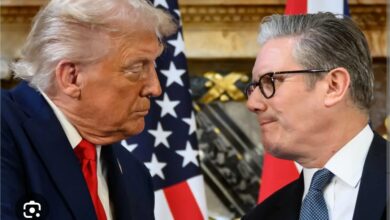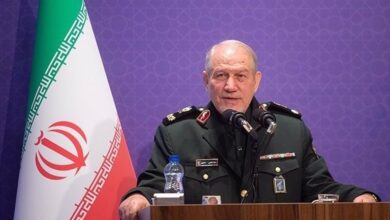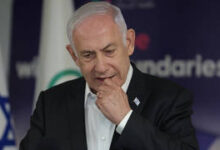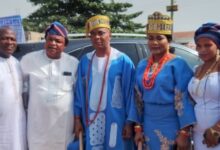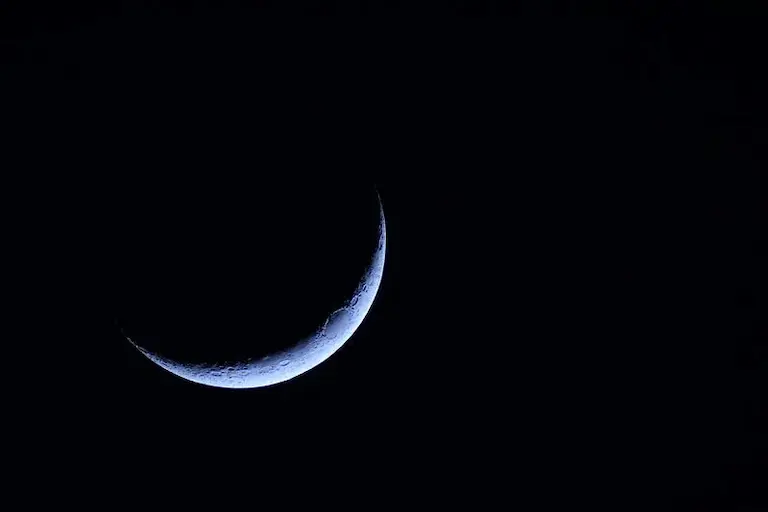MURIC declares burning to death of 6 Fulani in Gboko, Plateau State, as wicked, inhuman, says media again fails to give it fitting attention
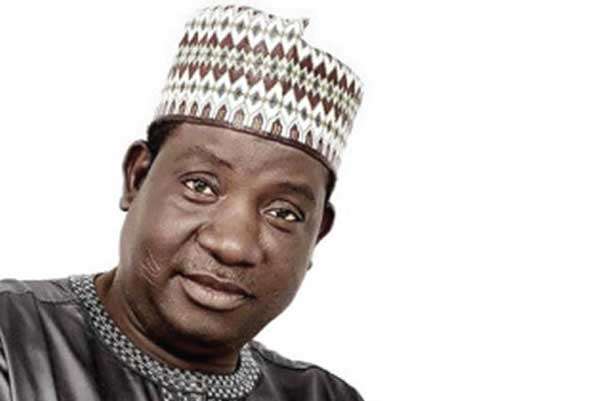
*Raises alarm Nigerian landscape now unsafe for Fulani man
“In particular, we are greatly worried that no media house has deemed it fit to give this dastardly act any attention. The radio stations are silent over it. The television stations have ignored it. The print media also do not consider it as newsworthy. Yet these are the same outfits which gave extensive coverage, superfluous broadcast times and exaggerated publicity to the unfortunate Benue killings.”
In continuation of its war against provocative behaviours and senseless killings in parts of the country, the Muslim Rights Concern (MURIC), in an early Friday statement issued by its Director, Prof. Ishaq Akintola, issued in Lagos, has declared the senseless killing by burning of six Fulani in Gboko, Plateau State, as barbaric and condemnable.
Six Fulani travellers were allegedly burned to death in Gboko, Plateau State, on Wednesday, 31st January, 2018.
The Muslim Rights Concern (MURIC) in the statement said it strongly denounced the act it described as criminal, wicked, inhuman and barbaric.
MURIC is the first to speak aloud against one-sided reports of killings in Nigeria which gave the Christian Association of Nigeria (CAN) impetus make things look as if blood of one tribe or religious people is sacred while others are not.
The Muslim rights group strongly condemned the killing of the Fulani travelers just like it detested extra-judicial killing of any soul and called on the authorities to rise to the situation.
It pointed out that, once again, the Nigerian Press has failed to give the evil done to the Fulani people leading to the loss of the those six souls the required attention against what they do when they perceive it affects people of one religion or tribe other than Islam and North.
It said, “In particular, we are greatly worried that no media house has deemed it fit to give this dastardly act any attention. The radio stations are silent over it. The television stations have ignored it. The print media also do not consider it as newsworthy. Yet these are the same outfits which gave extensive coverage, superfluous broadcast times and exaggerated publicity to the unfortunate Benue killings.
“The same media outfits kept mum when 732 Fulanis were massacred in Mambilla. They looked the other way when 82 women and children of Fulani stock were killed in cold blood in Numan. They said nothing when life was brutally snuffed out of 24 Fulanis in Lau. They couldn’t be bothered when 96 Fulanis were cut down in Kajuru.
“The Nigerian landscape is now very unsafe for the Fulani man, woman or child. Fulanis have become endangered species. The problem here is that Nigerians are cutting their noses to spite their faces. Heavy doses of ethnic jingoism are being injected into the blood streams of Nigerians on a daily basis. We are turning into bitter enemies among ourselves. Who did this to Nigeria?
“MURIC is of the opinion that the National Orientation Agency (NOA), the Nigerian Police and the press have a lot to do in this matter. There is an urgent need for NOA to disabuse and re-engineer the Nigerian bolekaja mentality. The police must apprehend all killers of men no matter their tribal leaning, whether they are Benue militia, killer herdsmen or Berom hoodlums. The Nigerian media must also eschew asymmetric reportage.”
It would be recalled a Lagos-based media practitioner wrote in an article published in The DEFENDER last Saturday titled, “My fear for President Muhammadu Buhari as 2019 thickens”, in which the writer pointed out that President Buhari was incurring the wrath of the North and Muslims in Nigeria for his continuous silence over the persecutions and killings of Muslims and people of his own Hausa/Fulani tribe just to please a people who, themselves are responsible for the unjust persecution of his own people, who do not appreciate his effort to ensure fairness, justice and equity in dealing with all Nigerians regardless of their beliefs and ethnic backgrounds.



